How to Write a PTSD Treatment Plan (with Examples)
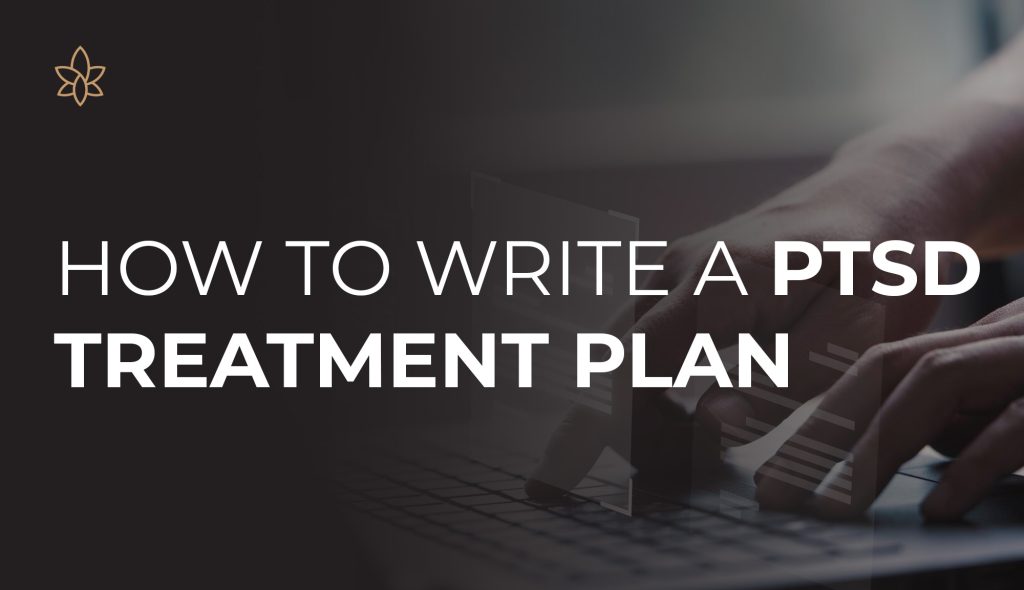
Start with a thorough assessment: Use tools like the PTSD Checklist (PCL-5) or Clinician-Administered PTSD Scale (CAPS) to evaluate symptoms. Identify trauma history, triggers, and symptom severity. Set clear, measurable goals: Follow the SMART framework (Specific, Measurable, Achievable, Relevant, Time-bound). Example: “Reduce flashbacks by 50% within 12 weeks through weekly therapy.” Choose evidence-based therapies: Options […]
How to Write BIRP Notes (With Examples & Templates)
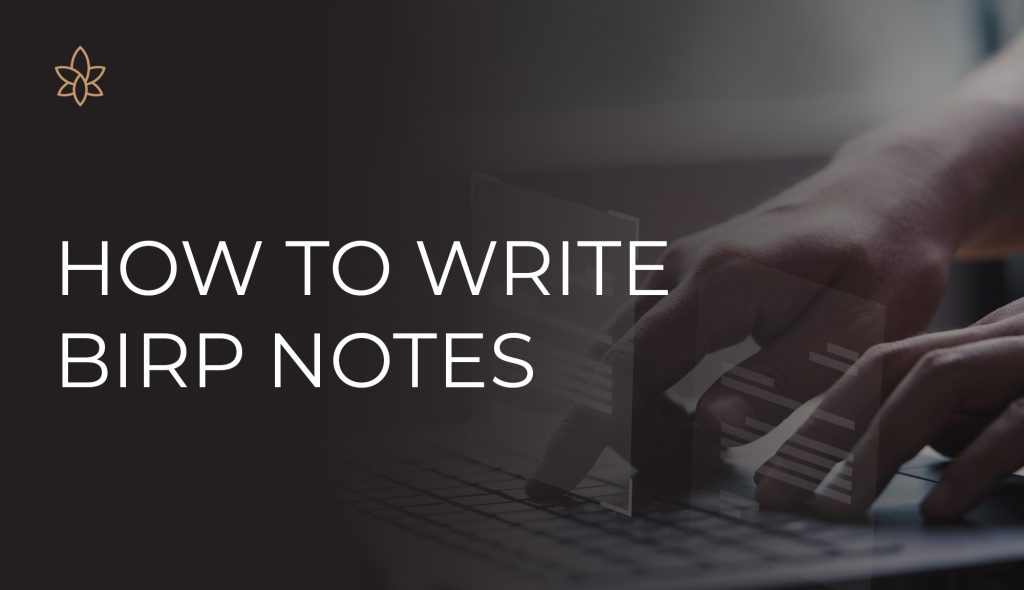
Want to simplify mental health documentation? BIRP notes are a structured way for therapists to document client sessions effectively. Here’s what you need to know: What is BIRP? It stands for Behavior, Intervention, Response, and Plan – key sections to organize clinical notes. Why use BIRP notes? They help track client progress, ensure legal compliance, […]
How to Write a Treatment Plan for Depression (with Examples)
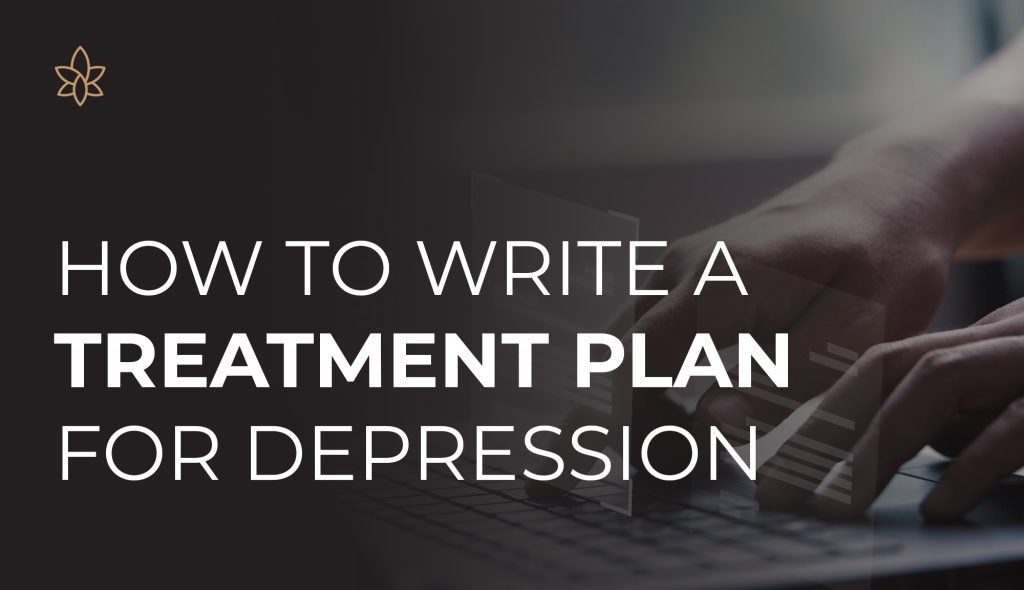
Want to create an effective treatment plan for depression? Here’s a quick guide to help you get started: Why Treatment Plans Matter: Depression affects 21 million adults annually in the U.S. A structured plan improves therapy outcomes by setting clear goals and tracking progress. Key Components: Accurate Diagnosis: Understand symptom severity, medical history, and environmental […]
18 BEST Mental health Progress Note Templates & Examples
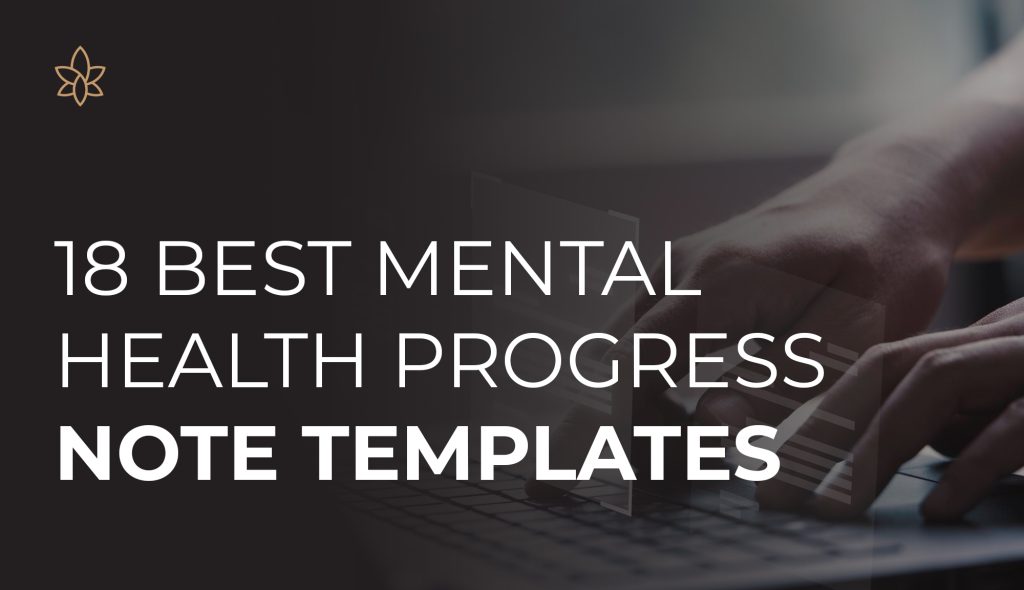
Mental health progress notes are essential for tracking client care, guiding treatment plans, and ensuring compliance with professional standards. Using structured templates like SOAP, DAP, and BIRP formats can save time, improve accuracy, and enhance collaboration between providers. This article highlights 18 effective templates tailored for various therapy settings, including individual, couples, group, and crisis […]
Social Work Interventions for Social Workers (Ultimate Guide)

Social work interventions are strategies designed to help clients improve their well-being. These include counseling, case management, advocacy, and more. The focus? Practical, research-backed methods that solve real problems and support clients effectively. Key Takeaways: Core Methods: Counseling, crisis intervention, case management, advocacy. Evidence-Based Approaches: Techniques like CBT and Trauma-Focused CBT ensure measurable results. Person-Centered […]
SOAP Notes in Mental Health Counseling (With Examples)
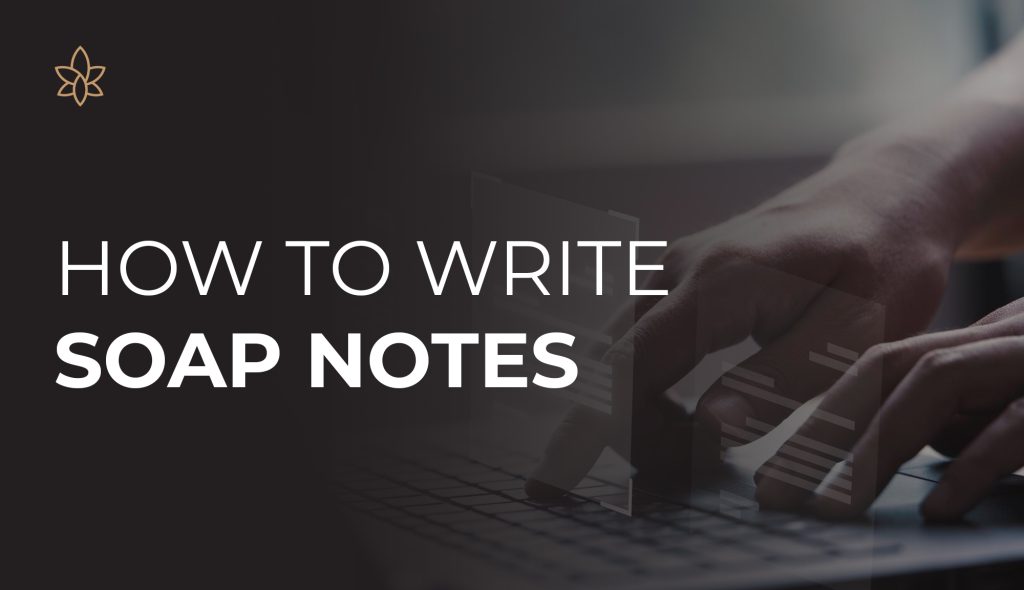
SOAP notes are a simple way for mental health professionals to document client sessions. They stand for Subjective, Objective, Assessment, and Plan. Here’s a quick breakdown: Subjective: What the client shares (e.g., symptoms, feelings, concerns). Objective: What the clinician observes (e.g., behavior, appearance). Assessment: The clinician’s analysis (e.g., diagnosis, progress). Plan: Next steps for treatment […]
What are DAP Notes & How to Write them?

DAP notes are a structured way to document therapy sessions, ensuring clarity and consistency. They consist of three sections: Data: Objective observations like client behavior, symptoms, and quotes. Assessment: Professional analysis of progress, challenges, and trends. Plan: Next steps, including interventions, assignments, and scheduling. Why Use DAP Notes? Track client progress effectively. Maintain HIPAA-compliant records. […]
How to Write a Biopsychosocial Assessment (With Template)
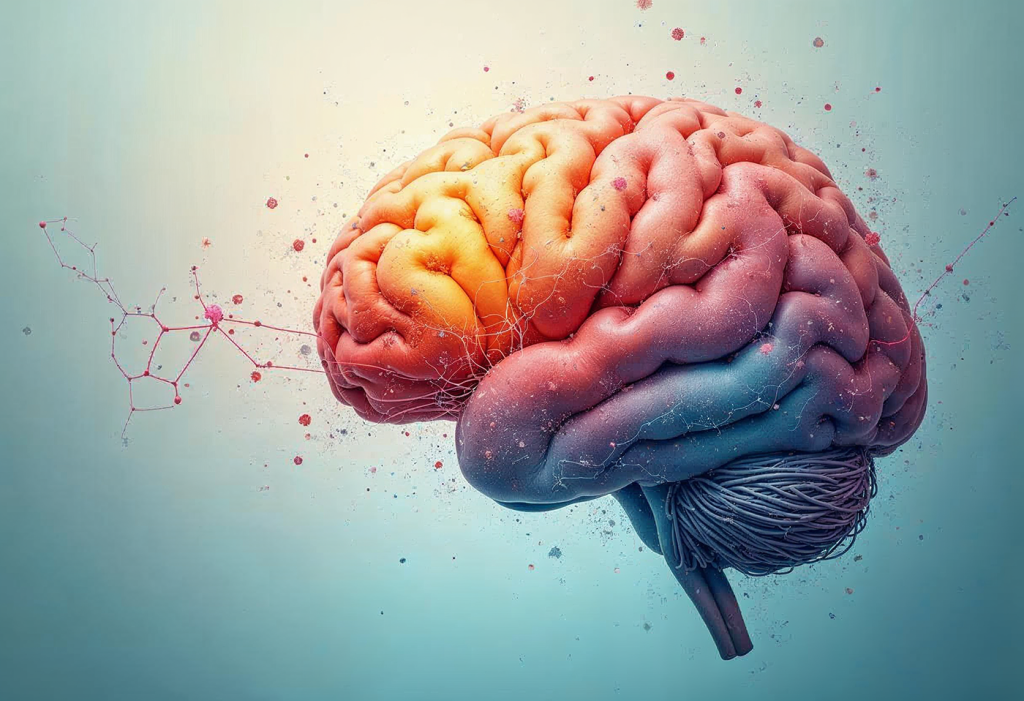
Writing a biopsychosocial assessment doesn’t have to be complicated. This tool helps mental health professionals evaluate a client’s well-being by looking at biological, psychological, and social factors. Here’s what you need to know: What it is: A detailed assessment that examines physical health, mental health, and social influences to create personalized treatment plans. Key components: […]
Mental Status Exam (MSE) Cheat Sheet & Checklist

The Mental Status Exam (MSE) is a structured tool used by mental health professionals to assess a person’s psychological state at a given time. It helps with diagnosis, treatment planning, and tracking progress. Using an MSE checklist ensures thorough, consistent, and efficient evaluations. Key Components of the MSE: Appearance & Behavior: Grooming, posture, motor activity, […]
How to Write PIE Notes (with Examples)

PIE notes are a simple and structured way to document mental health sessions. They focus on three key sections: Problem: The client’s challenges and symptoms (e.g., anxiety, observable behaviors). Intervention: Actions taken during the session (e.g., CBT techniques, assigned homework). Evaluation: Assessing progress and planning next steps (e.g., client’s response, future goals). This format ensures […]

